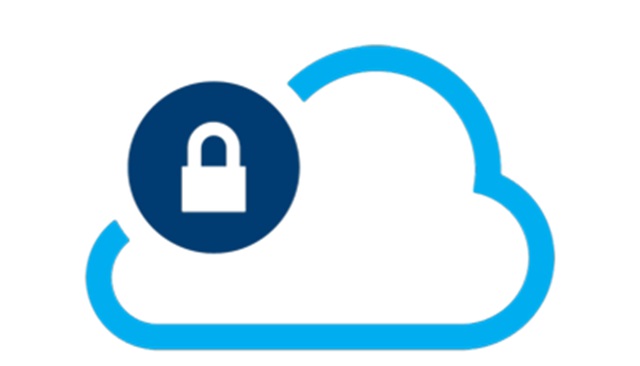Python has become one of the most popular programming languages, and many developers use it to build web applications, data-driven projects, and automation tools. To make a Python project accessible online, developers need a reliable hosting platform that supports Python frameworks like Django, Flask, and FastAPI. Several hosting providers offer Python-friendly environments with features like scalability, security, and easy deployment.
1. Heroku
Heroku provides a simple and user-friendly platform for hosting Python applications. It supports Django and Flask projects, and it offers a free plan for small applications. Developers can deploy projects with Git, and Heroku automatically manages servers and dependencies. Moreover, Heroku integrates well with databases like PostgreSQL, making it a great choice for Python web apps.
2. PythonAnywhere
PythonAnywhere is a cloud-based hosting platform designed specifically for Python projects. It allows developers to run and host Python scripts directly from a web browser. PythonAnywhere supports scheduled tasks, web applications, and databases like MySQL. The platform is ideal for beginners and small projects since it provides free and affordable plans.
3. AWS (Amazon Web Services)
AWS offers powerful cloud hosting solutions for Python projects. Developers can use EC2 (Elastic Compute Cloud) to create virtual machines or AWS Lambda for serverless Python applications. AWS also supports databases like DynamoDB and RDS, making it suitable for scalable and high-performance applications. However, AWS requires some technical knowledge to set up and manage.
4. Google Cloud Platform (GCP)
Google Cloud provides multiple options for Python hosting, including Google App Engine and Compute Engine. App Engine offers a fully managed environment where developers can deploy Python applications without worrying about infrastructure. GCP also supports serverless computing with Cloud Functions, which allows Python scripts to run in response to events.
5. DigitalOcean
DigitalOcean provides virtual private servers (Droplets) where developers can install and configure Python applications. The platform offers flexibility, and users can deploy Django and Flask applications with full control over the server environment. DigitalOcean also provides managed databases and networking tools for better performance.
6. Microsoft Azure
Microsoft Azure supports Python projects through services like Azure App Service, Azure Functions, and Virtual Machines. Developers can deploy Django and Flask applications with built-in security, auto-scaling, and integration with Azure databases. Azure provides a reliable hosting solution for enterprises and businesses that require cloud computing services.
7. Vercel
Vercel is a fast and simple hosting platform known for static and serverless applications. It supports Python projects with APIs and serverless functions. Developers can deploy applications directly from GitHub, and Vercel handles scalability automatically. The platform is ideal for lightweight Python applications.
8. Linode
Linode offers cloud-based virtual machines and containers for Python applications. It provides affordable and powerful hosting with complete server control. Developers can install Python, set up frameworks like Django, and manage databases easily. Linode is great for those who need a customizable and budget-friendly hosting solution.
Choosing the right hosting platform for a Python project depends on budget, scalability needs, and ease of deployment. For beginners, Heroku and PythonAnywhere offer simple solutions. For advanced users, AWS, GCP, and Azure provide powerful cloud-based hosting. Meanwhile, DigitalOcean, Linode, and Vercel offer flexible and affordable options. Selecting the right hosting platform ensures a smooth and efficient deployment for Python applications.

